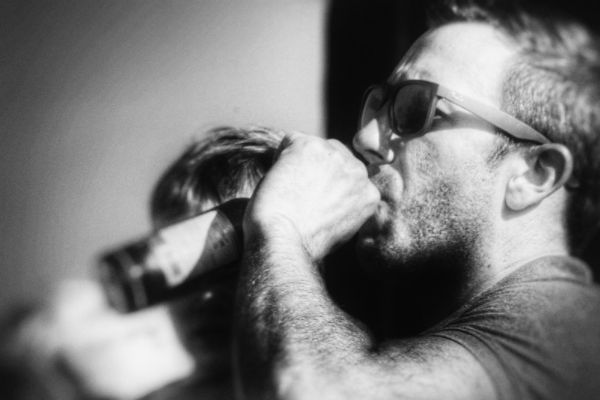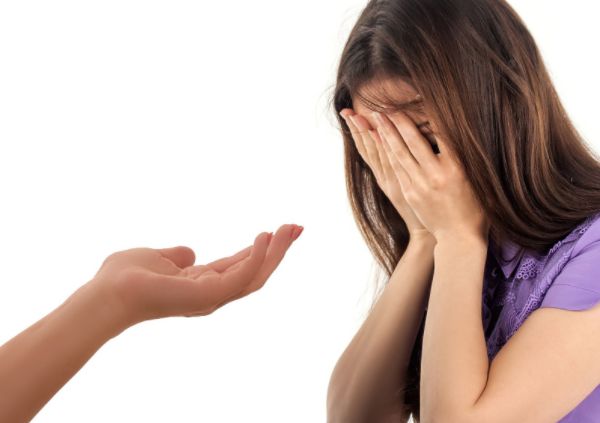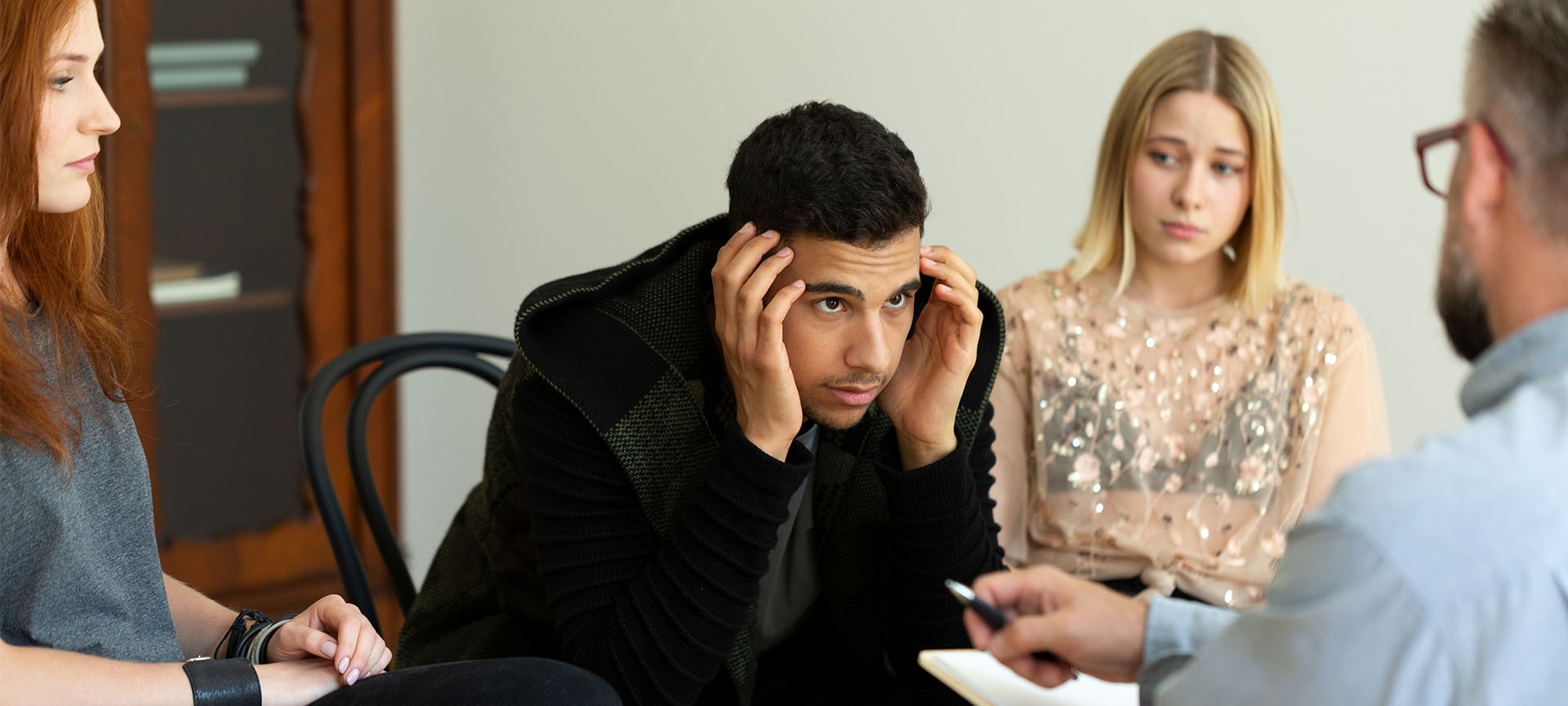How Alcohol Abuse Affects Family Relationships And Friendships
The effects of alcohol addiction are far-reaching, not only for the addicted person. It also extends to their spouse, children, parents, siblings, close friends, and other people in their inner circle. This is why knowledge of how alcohol abuse affects family relationships is important.
As the individual falls deeper and deeper into the pit of addiction, their behaviour can change in ways that loved ones find inexplicable and overwhelming. Chaos starts to take over and well-established bonds of trust are broken, causing relationships to fall by the wayside.
This leaves friends and family members feeling betrayed and grief-stricken. Sometimes, they are in a position of having to rebuild practical elements of their lives, such as repairing damaged credit or finding a new place to live.
The Effect Of Alcoholism On Families
To understand how alcohol abuse affects relationships within families, we need to view families as the complex social structures they are. Each member functions both as an individual and as an essential part of the group. Everyone has their role, and the roles present vary from one family to the next.
Examples of family roles include the caregiver, the problem-solver, the entertainer, and the breadwinner. Some family members are introverts, others are extroverts. Similarly, some are creative thinkers, others are logical thinkers.
All of these roles, when thrown together, make the family what it is. And so, if anything big changes, the family changes. For example, if any family member dies or becomes seriously ill, or if the family gains a new member, the roles of each person have to shift to make way for a new reality.
Alcohol addiction is a serious condition that changes the way the addicted person speaks, thinks, and behaves. And everyone else in the family has to make room for the reality of addiction.
So how does alcohol abuse affect relationships in this context? Not only will it affect each person’s relationship with the addict, but it can also affect the family members’ relationships with each other.
Intimate Partner Relationships
There is a reason we colloquially refer to your spouse or partner as “your other half”. This is the person you are supposed to be able to trust more than anyone else. You share a life, finances, and a home with your partner; sometimes you have children with them. In a functional relationship, you are partners in every sense of the word: you support each other through individual goals, and you work together to achieve goals as a couple.
You also help each other in times of trouble. In most intimate partner relationships, this happens without either person really thinking about it. You and your partner are there for each other, no matter what, and you help each other instinctively.
And so, when your partner is confronted with the reality of your alcohol abuse, they are not primarily thinking of the effects of alcohol addiction. Instead, they are thinking about how they can support you through this.
The problem, of course, is that you yourself may not understand that you have an addiction problem. You may become increasingly defensive about your alcohol use; eventually, the defensiveness may give way to outright secrecy.
Alcohol addicts are very good at hiding their addictions. In many cases, they patronize a number of liquor retail outlets in rotation, in order to avoid arousing the suspicion of any one retailer. They find creative ways of hiding both their alcohol and their alcohol use. What this means is that if you tell your partner that you have stopped drinking, they can be forgiven for believing you, even if it is not true.
But eventually, the addiction comes to light. This can happen in any number of ways. For one, you may get caught driving under the influence of alcohol and have to enter alcohol addiction treatment. Or you may become physically or mentally abusive.
Sometimes the tipping point isn’t even something as extreme: your partner could find one of your hidden bottles of alcohol, or they could accidentally catch you drinking.
This can lead to an erosion of the relationship of trust that you and your partner have built up. At best, your partner will start to be wary around you. At worst, they will be afraid of you, and they will make the choice to put a physical or emotional distance between you.
Related article: Be in the Know: Canada’s Latest Alcohol Addiction and Recovery Facts
How Alcohol Abuse Affects Relationships With Children
When it comes to the effects of alcoholism on families, children tend to be the most severely affected. Young children do not even understand what addiction is. All they will see is that your behaviour is changing in ways that they cannot process.
A lot of children internalize the struggles they see going on around them. In the absence of an explanation for a parent’s altered behaviour, they may regard these changes as a punishment.
How alcohol abuse affects relationships with children is that it can have long-term implications for your relationship with your child. Also, it can add to the strain in your relationship with the child’s other parent as you clash over parenting issues.
In addition, children of addicted parents can suffer in the following ways:
- They are at high risk of becoming victims of child abuse, or of witnessing incidents of domestic abuse
- They may suffer from malnourishment and other forms of neglect as addicted parents put alcohol before their family responsibilities
- Emotional trauma can result in children and youths running away from home, dropping out of school, or engaging in delinquent behaviour
- Children of addicted parents are up to four times more likely than children of non-addicted parents to become addicts themselves
The Effects Of Alcoholism On Friendships
We’ve all heard the old saying: that “opposites attract”. Hence, is true that people who are reserved and introverted can have close friendships with those who are outgoing and adventurous. These differences in personality can create a balance, and bring out the best in both people.
But regardless of how different two friends might seem, they do tend to share basic values. They are attracted to each other by the things they value in themselves. In light of this, the tension between friends is how alcohol abuse affects this kind of relationship. When one of then starts to behave in a way that contradicts those values, tensions between friends can arise.
Some long-standing friendships are able to weather the storm. When you have been friends with someone for a long time, you are more invested in the outcome of their addiction. You have a long shared history that you want to preserve. In a sense, you are more like family than friends.
But not all friendships have the benefit of history. So, if someone with an addiction starts to treat their friend in an abusive manner, that person may cut ties with the addict for the sake of their own self-preservation.
If the addict commits to alcohol addiction treatment, some friendships can be rebuilt. But a lot of times, the crumbling of a friendship is a permanent loss that hurts both people.
How To Know If Alcohol Abuse is Affecting Your Relationships
One of the most challenging aspects of alcohol addiction is that you, the addict, may not realize that you have a problem. Being addicted to alcohol does not make you a bad person, but it can affect your judgment and make you behave in ways that are hurtful to the ones you love.
If you are wondering whether alcohol abuse may be driving a wedge between you and your friends and family members, ask yourself these questions:
- Have my loved ones stopped confiding in me about their problems?
- Do my loved ones frequently have to rescue me from tricky situations?
- Have I been hiding my drinking from my family and friends?
- Has my significant other cut off my access to a joint bank account because of my drinking?
- Have friends and family members asked me to stop drinking?
- Do I prefer to drink rather than spend time with loved ones?
- Do I get angry with my family members after I have been drinking?
- Do my loved ones feel sad when I’m around them?
- Have I ever asked a friend or family member to lie on my behalf, for example, when I miss a day of work due to drinking?
If you can answer “yes” to any of these questions, you may need to evaluate whether you have an alcohol abuse problem.
What Support Is Available For Loved Ones Of Alcohol Addicts?
At 1000 Islands Addiction Rehab & Treatment Centre, we provide comprehensive support not only to the person who is addicted to alcohol, but to family members and close friends as well. The supports available to loved ones include the following:
- Family counselling, where you and your loved ones are guided through the process of rebuilding any relationships that can be salvaged, and moving on in a positive way from the ones that are irreparable
- Opportunities for loved ones to visit inpatient alcohol addiction treatment clients, so they can see the progress that is being made
- Information about Al Anon groups, and other support organizations for friends and family members of people with alcohol addictions
- Education sessions and workshops that provide opportunities for loved ones to learn more about addiction and some positive ways in which they can support the addict
To start the process of healing from addiction, whether for yourself or for an addicted loved one, call us at 855-601-0555.
Related article: What Are The Signs Of Alcohol Abuse, Dependence And Addiction?




